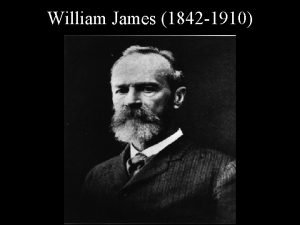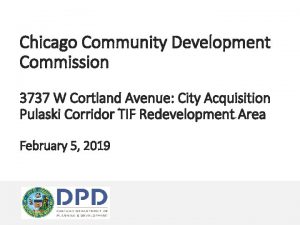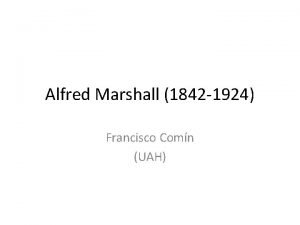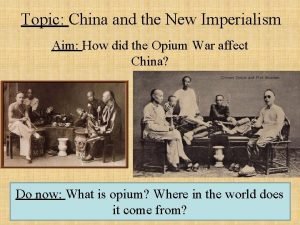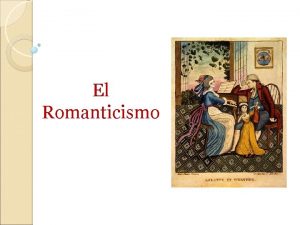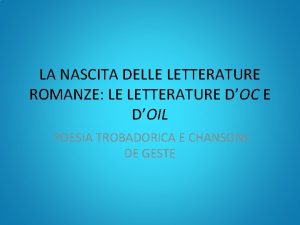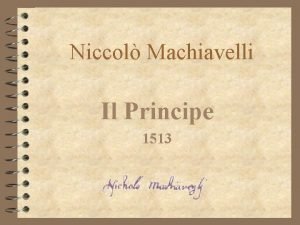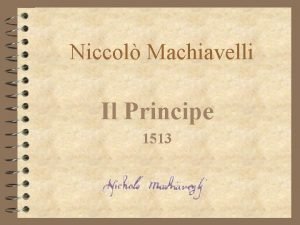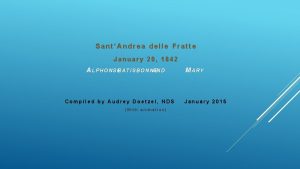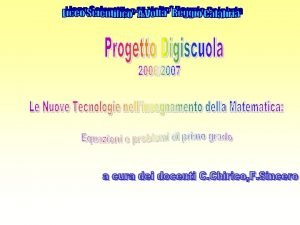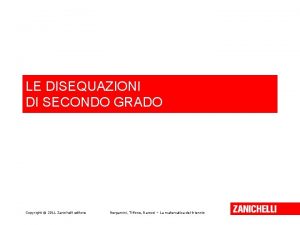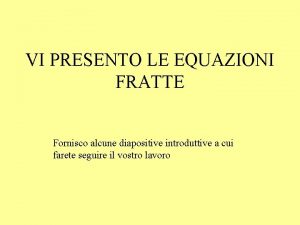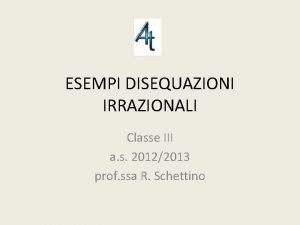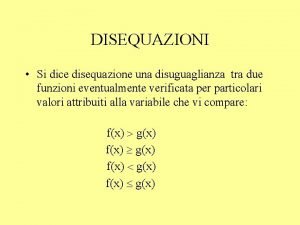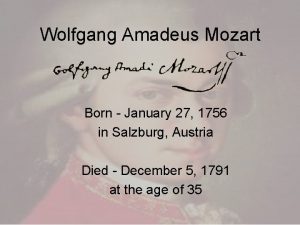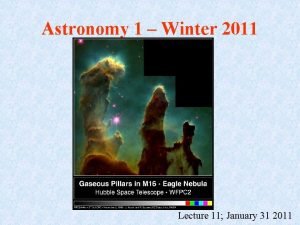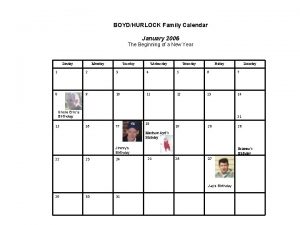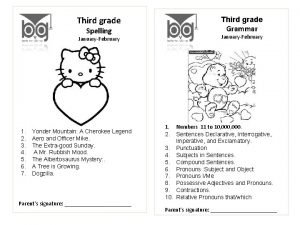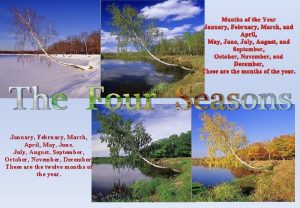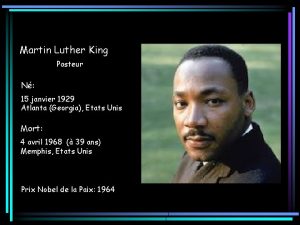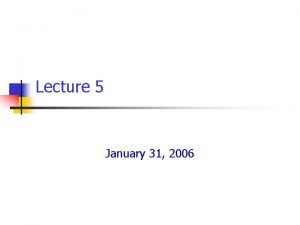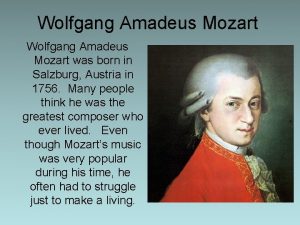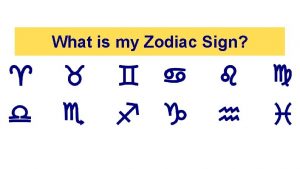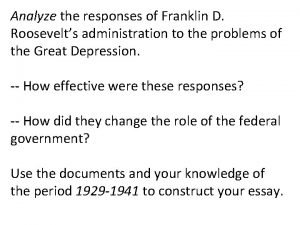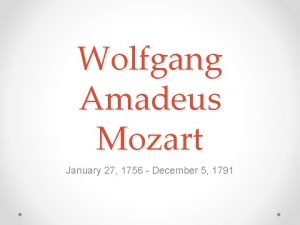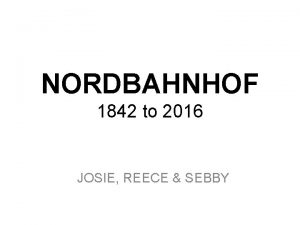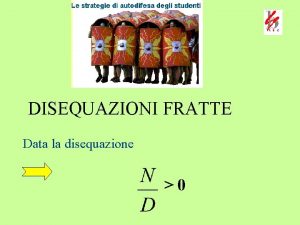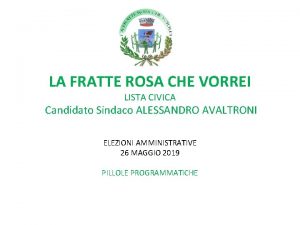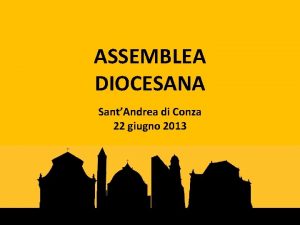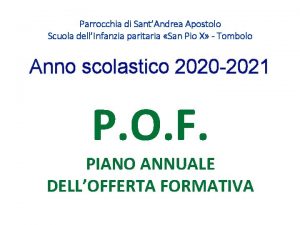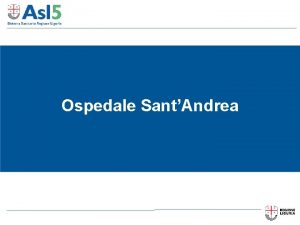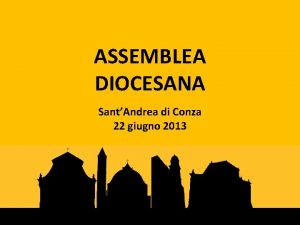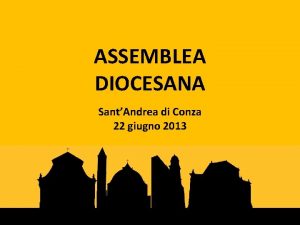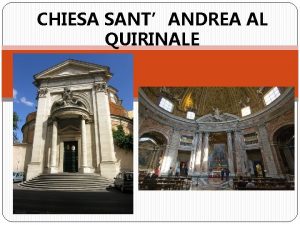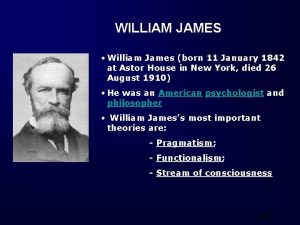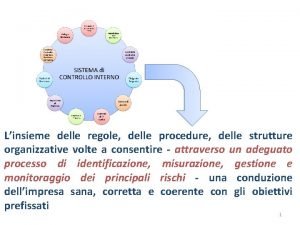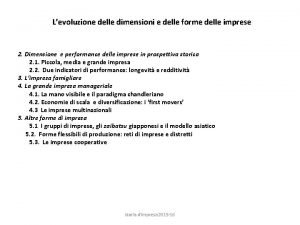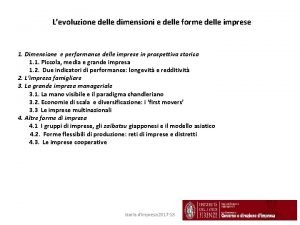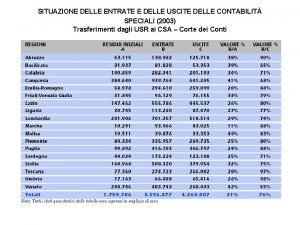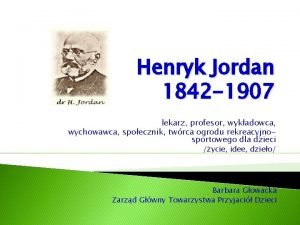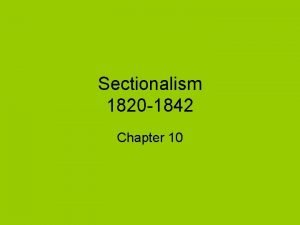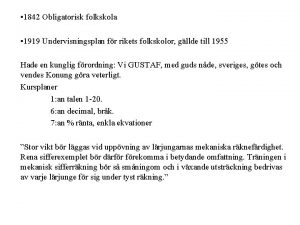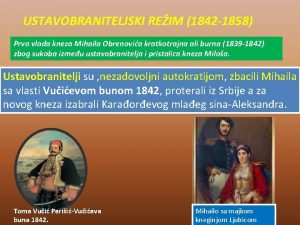SantAndrea delle Fratte January 20 1842 A L



































- Slides: 35

Sant’Andrea delle Fratte January 20, 1842 A L P H O N S ER A T I S B O N NAEN D Compiled by Audrey Doetzel, NDS (With animation) MARY January 2015

ALPHONSE RATISBONNE Sant’Andrea January delle Fratte 20, 1842 and MARY

In 1842, while at Providence House, Theodore Ratisbonne was profoundly influenced by an experience of his youngest brother Alphonse. His embrace of Catholicism had temporarily alienated Theodore from his family. Alphonse, in mid-adolescence, was particularly traumatized angered by the action of this loved sibling. He strongly opposed Theodore and ceased communicating with him. Later in life, Alphonse wrote: “Theodore continued his relationship with the rest of the family; as for me, I never wished to see him again. ” Alphonse was of a less serious nature than Theodore. Though he followed literary, scientific and legal studies in Strasbourg and Paris ─ and had been chosen to become head of the Ratisbonne bank ─ this spoiled “child-king” of the family was playful, sensitive, and spontaneous.

Showered with wealth by his uncle, he later said of “Emancipation changed their legal himself: “The only thing I liked was pleasure; I social and religious practices status, but their economic role and believed that we were in this world to enjoy ourselves. …proved resistant to political All I thought of was a good time and enjoyment and I Jews were limited to a narrow range threw myself passionately into this kind of life. ” decrees originating in Paris…The of economic pursuits…Most Alsatian Jews therefore supported themselves through peddling and However, as Theodore had done before him, Alphonse dealing in secondhand clothing and merchandise. … became zealously committed to the society for the …most peasants had little encouragement of work among young Jews, the aim of the market. ” which was to help the cause of its oppressed people and to obtain for them perfect equality of rights as well as a more complete fusion with the rest of society. direct contact with pp 11 -12 The Emancipation of the Jews of Alsace: Acculturation and Tradition in the Nineteenth Century Paula E. Heyman 1991

Later in life Alphonse stated: “I worked hard to improve the lot of my poor coreligionists, although I had no religion. ” He lived, he said, “without any religion, even without belief in God, but according to the inspirations of natural morality, especially the ideals of charity and compassion which I experienced in my heart. ” In early 1842, while engaged and waiting for his wedding, he embarked on travel to Naples, Malta, and the Near East. On January 1, while in Naples, he wrote: “I asked God for some inspiration to guide me in my plans for the improvement of the lot of the Jews, a thought which continually haunted me. ” Whether due to distraction, his spontaneous nature, or some other mysterious influence, he took a coach to Rome instead of to Palermo as he had planned.

He arrived in Rome on January 5, the eve of Epiphany. Here, while seeking out the ancient and modern ruins and visiting the churches of Rome, he made the acquaintance of Theodore’s friend, Baron Theodore de Bussierre, who was a recent convert from Protestantism. Almost immediately upon his arrival in Rome, Alphonse encountered overt efforts to convert him to Catholicism. Baron de Bussierre, strongly motivated by his own recent conversion, was particularly aggressive in this regard. Prayers from others were also solicited to this end.

This was consistent with the climate of spiritual renewal at the time. It was a climate within which reaction to eighteenth-century rationalism and the revolutionary era spawned numerous and well-publicized conversions. Fervently Christian, people longed for the absolute, a longing increased by the void in a society from which God had been banished. Among Catholics, profoundly persuaded that ‘outside the Church there is no salvation, ’ there was a narrow, absolutist attitude which stressed the negative aspects of other religions. Judaism was most misunderstood and its continued validity denied by many.

Though Alphonse later wrote: “God allowed my whole life until the moment of my conversion to be one long series of anti-Christian acts, ” one encounters in Origins of Sion few indications of this negative attitude prior to his arrival in Rome. Other than his understandable anger and sense of betrayal at the time of his brother’s conversion, hostility and negativity do not appear in keeping with his carefree manner and the charity and compassion he espoused. In Rome, however, though always polite , his observations and responses become increasingly negative and vehement. This would appear to be in reaction to the intense and aggressive conversionist efforts, particularly by Baron de Bussierre, about which he remarks : “I said to myself that if anything could drive a man away from religion , it would be the very persistence with which people were trying to convert him. ”

Upon seeing the misery of the ghetto in Rome, he said: “Is this the charity which Rome preaches so loudly? I shuddered with horror, and I wondered whether if, for having killed a man eighteen centuries ago, an entire people deserved such treatment and such innumerable restrictions. ” He further noted that the sight of this misery “has re-awakened my hatred of Catholics and Catholicism ; I prefer to be among the persecuted rather than the persecutors. ”

He conveys a state of increasing agitation with his words: “I maintained a mocking attitude, sometimes adding blasphemies against Christianity; my words matched the dispositions of my soul. ” The following day de Bussierre took Alphonse to the Jesuit church of The Gésu. Alphonse showed his dislike for the Order by a gesture of contempt. In response to de Bussierre’s persistence, he became visibly upset. However, when Father Rozaven made an appointment for him for that same evening, Alphonse kept the appointment. Father de Villefort later testified that, out of respect for the Jesuits, Alphonse did not express any opposition to his and Father Rozaven’s arguments, even when Rozaven informed him that the Jewish religion no longer existed and that he ought to pray to God for light. Rozaven informed him that the Christian religion was quite simply the faithful fulfillment of the Old Testament promises and then urged him to read the New Testament.

The following days de Villefort and Rozavan had further conversations with him and Alphonse seemed disposed to listen. The morning of January 20 Alphonse came to the Gésu to see de Villefort, saying that he was restless and had been unable to sleep. Chapel of St. Ignatius The Jesuit Church – The Gésu De Villefort took him to the chapel of St. Ignatius and asked him to kneel down before the altar. However, he turned his back with an expression of unutterable repulsion. After this he was with Father Rozaven until noon.

Later that day Baron de Bussierre met Alphonse on the street and asked him to accompany him to the church of Sant’Andrea delle Fratte where the Baron left him to make funeral arrangements for a friend. Sant’ Andrea delle Fratte Alphonse later recounts: “As I walked about the church I was overcome by sudden agitation and I saw that I was enveloped in a kind of veil; the church seemed to me to have become dark except for a single chapel where all the light seemed to be concentrated. Raising my eyes to this chapel radiant with light, I saw standing on the altar, tall, vibrant, majestic, full of beauty and mercy, the Blessed Virgin Mary as she is represented on the Miraculous Medal of the Immaculate Conception. ”

Upon his return to the church de Bussierre found Alphonse on his knees, overcome with tears. To the Baron’s question: “What did you see? ” Alphonse responded: “I cannot tell you. Take me to a confessor and I shall tell him on my knees if he will permit it. ” Alphonse later relates: “He took me to the Gésu to Father de Villefort to whom I described the event. ”

After his experience at Sant’ Andrea delle Fratte Alphonse said that he saw Mary as she is represented on the miraculous medal. However when he later spoke of the ‘event’ he rarely recalled his experience in this way. “’I have in my memory as clear a representation of the miraculous apparition as it was the first instance I saw it. … … She gets more beautiful all the time … and to think that I need only to close my eyes and I can see her. ” However, he attached little importance to this ability. ” Origins of Sion, The event of January 20, 1842, p. 56, No. 5.

He recalled instead, a profound experience of Light HANDS SILENCE COMPASSION Transformation

Light January 20 t h is a L I G H T and in this light is another. MARY — SION — JERUSALEM Mary Alphonse, 1876 The rest of the time I could raise my eyes only as far as her hands from which were streaming rays of LIGHT (symbolic of the graces and inspirations which she delights in showering on Sion and through Sion on other souls). Origins of Sion, January 20, 1842

After this first glance I was so confused and overwhelmed … that the rest of the time I could raise my eyes only as far as her HANDS … from which were streaming rays of light …. Han ds

Silence What can be said of January 20 t h ? The event is a call to contemplation; we must be SILENT, She did not speak, recollected but and I understood all. adore. From Rome to Jerusalem

Compassion “He told us that he could meet Mary’s eyes only once, but in that single look he had not only understood everything but had fathomed the horror of sin, especially original sin in which he was steeped, besides the multitude of his other sins. He had also seen in this glance an expression of divine compassion as well as the assurance of Mary’s special and unceasing protection to the end of his days. ” Origins of Sion: The Event of January 20, P. 57, No. 12

I have never ceased to see Mary’s intervention as THE HAND OF GOD himself, not a chastising hand, but a merciful hand. This is what kept me confident even in the darkest days.

T R A N S F O R MA T I O N “I EXPERIENCED SUCH A TOTAL CHANGE THAT I THOUGHT I WAS ANOTHER ME. ” “ Far from converting for human reasons, such considerations were opposed to my conversion…. As for human means, in view of my dispositions at that time, they would have been absolutely powerless to transform my spirit and my heart in three minutes!”

“’It is possible that his communications with Mr. Theodore de Bussierre, with Father Rozaven and me had helped to give rise to some inner struggles … But to produce in him spontaneously faith in the Blessed Sacrament, the knowledge of the necessity of the sacrament of penance … all this could only be the direct work of the God who creates in man, at His own pleasure, a NEW HEART ’ (Fr. De Villefort). These words go to the heart of the matter; in a flash of enlightenment, God created in him a NEW HEART capable of welcoming freely the gift that is offered him: this is the gift of faith, a ‘miraculous faith’ powerful enough to move mountains. ” Origins of Sion: The Event of January 20, 1842

“Alphonse’s face was radiant, I would almost say transfigured. ” Theodore de Bussierre to Father Theodore January 22, 1842 He told us that he could meet Mary's eyes only once, but in that single look he had not only understood everything but had fathomed the horror of sin, especially original sin in which he was steeped, besides the multitude of his other sins. He had also seen in this glance an expression of divine compassion as well as the assurance of Mary's special and unceasing protection to the end of his days. Talk given by Alphonse to the Sisters in Jerusalem, January 20, 1884, a short time before his death and only days after the death of Theodore


I went to providence to say Mass…and I told them in simple words the story of the miraculous conversion. . . the congregation rose in stunned silence, then with one voice, all the orphans broke into the Magnificat. . [at the church of Notre Dame des Victoires] the effect of the story was the same. It was as if an electric current …had set up vibrations in the hearts of this vast congregation; and there, as at providence, they intoned the Magnificat. Theodore Ratisbonne, Memoirs, pg. 86 Some emotions are so strong that they cannot be expressed or analyzed. They are buried in the depths of the soul; the heavenly father who sees these depths reads our sentiments long before the lips utter them. . We remember what happened in Rome on such a day. At that point we must let our gratitude overflow and exclaim with the blessed virgin: ‘Magnificat!’ Theodore Ratisbonne, Jan. 20, 1854 Origins, Bk. 4, p. 76

MAGNIFICAT Elizabeth A. Johnson, Dangerous Memories, pp. 100 -108 “The Magnificat is the great New Testament song of liberation — personal and social, moral and economic — a revolutionary document of intense conflict and victory. It praises God’s actions on behalf of the speaker, which are paradigmatic of all of God's actions on behalf of marginal and exploited people. Evoking the powerful memory of God’s deliverance of enslaved Israel from Egypt, it praises God’s continuing actions throughout history to redeem the lowly, including the speaker herself and all marginal and exploited people. Rooted in Jewish tradition, Mary stands as the singer of the song of justice of the coming messianic age. ”.

“Swelling with new life by the power of the Spirit…Mary sings the MAGNIFICAT … As the longest passage put on the lips of any female speaker in the New Testament, this is the most any woman gets to say. … The song’s form and even whole phrases are explicitly modeled on the canticle of Hannah in the book of Samuel. … [Mary], the Galilean woman who proclaims this canticle stands in the long Jewish tradition of female singers from Miriam with her tambourine (Ex. 15: 2 -21) to Deborah (Judg. 5: 1 -31), Hannah (1 Sam. 2: 1 -10), and Judith (Jdt. 16: 1 -17), who also sang dangerous songs of salvation. Their songs are psalms of thanksgiving, victory songs of the oppressed. ”

My soul magnifies the Lord, and my spirit rejoices in God my Savior, for he has looked with favor on the lowliness of his handmaid, for behold, henceforth all generations will call me blessed, for the One who is mighty has done great things for me, and holy is his name. And his mercy is from generation to generation on those who fear him. He has shown strength with his arm; he has scattered the proud in the imagination of their hearts; he has put down the mighty from their thrones, and exalted those of low degree; he has filled the hungry with good things, and the rich he has sent empty away. He has helped his servant Israel, in remembrance of his mercy, according to the promise he made to our ancestors, to Abraham and to his posterity forever.


Consider the dramatic coincidence of Hitler’s edict for the extermination of the Jewish people on this date — the 100 t h anniversary of Alphonse’s transforming experience at Sant’Andrea delle Fratte

I S THERE, IN THIS ‘ COINCIDENCE ’, PERHAPS A MESSAGEFROM MARY FOR SION TODAY?

Constituiton Congregation of 12, 15 Our Lady of Sion We live in a world where hope and fear are mingled, where faith and doubt are intertwined, where violence and oppression grow along with the thirst for peace and liberation. We live in a world near to and yet far from the Kingdom of God.

The events of our world and of our lives urge us to hear the cry of the poor and to respond anew to the call of God to do justice The history of the Jewish people makes us particularly sensitive to the rights of minorities, of the poor, and of all who are marginalized in our society. These situations provoke our reflection and our prayer; they demand concrete commitments.

Sion’s call to be transformed and to help transform

Ma gni
 William james 1842-1910
William james 1842-1910 1842 west cortland street
1842 west cortland street Alfred marshall (1842-1924)
Alfred marshall (1842-1924) The sanitary report 1842 bbc bitesize
The sanitary report 1842 bbc bitesize Treaty of nanjing in 1842
Treaty of nanjing in 1842 Cuento romantico de edgar allan poe en 1842
Cuento romantico de edgar allan poe en 1842 La nascita delle lingue e delle letterature romanze
La nascita delle lingue e delle letterature romanze L'esperienza delle cose moderne e la lezione delle antique
L'esperienza delle cose moderne e la lezione delle antique L esperienza delle cose moderne e la lezione delle antique
L esperienza delle cose moderne e la lezione delle antique Al fratte
Al fratte Proporzioni con incognita e frazioni
Proporzioni con incognita e frazioni Zanichelli equazioni di secondo grado
Zanichelli equazioni di secondo grado Disequazioni fratte
Disequazioni fratte Scomposizione denominatore equazioni fratte
Scomposizione denominatore equazioni fratte Disequazioni con radici
Disequazioni con radici Dice disequazioni
Dice disequazioni Equazione frazionaria
Equazione frazionaria Mozart who was born on january 27 1756
Mozart who was born on january 27 1756 January 2012
January 2012 Spatial january
Spatial january An asset was purchased for $120 000 on january 1
An asset was purchased for $120 000 on january 1 April 2006 calendar
April 2006 calendar January february spelling
January february spelling January february march
January february march January 15 1929
January 15 1929 Sunday, tuesday, january, saturday
Sunday, tuesday, january, saturday January 31 2006
January 31 2006 Lipsume
Lipsume January 19, 1809
January 19, 1809 2003 new deal dbq
2003 new deal dbq January starts the year poem risa jordan
January starts the year poem risa jordan Mozart born in
Mozart born in Zodiac for january 20
Zodiac for january 20 Hello how are you peter weatherall
Hello how are you peter weatherall Letter to senator robert wagner
Letter to senator robert wagner January 27, 1756
January 27, 1756
